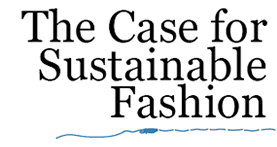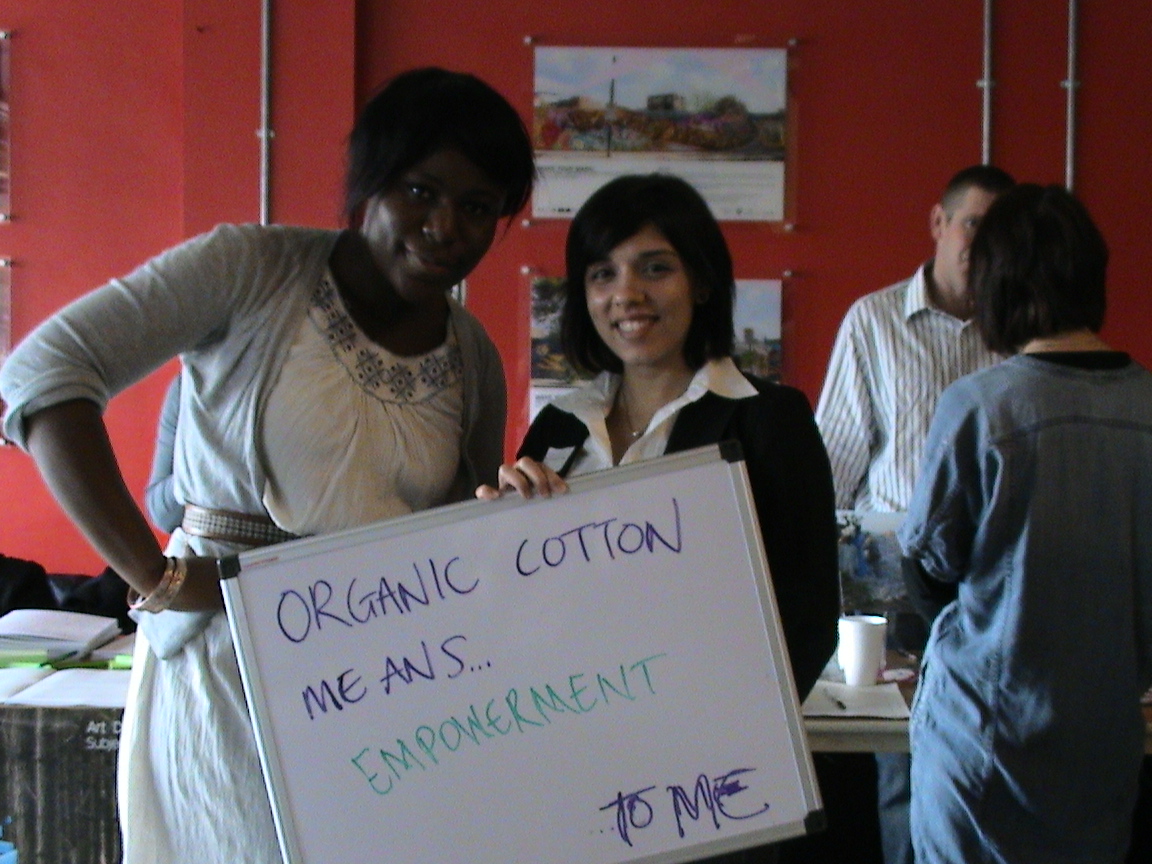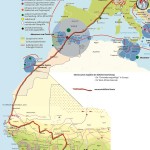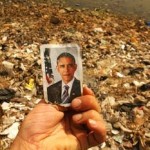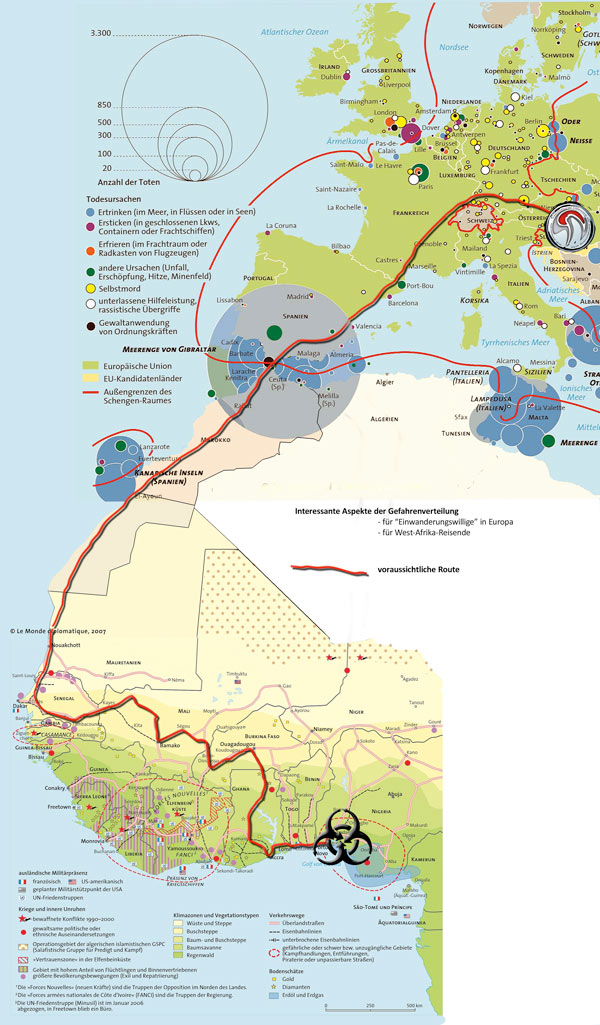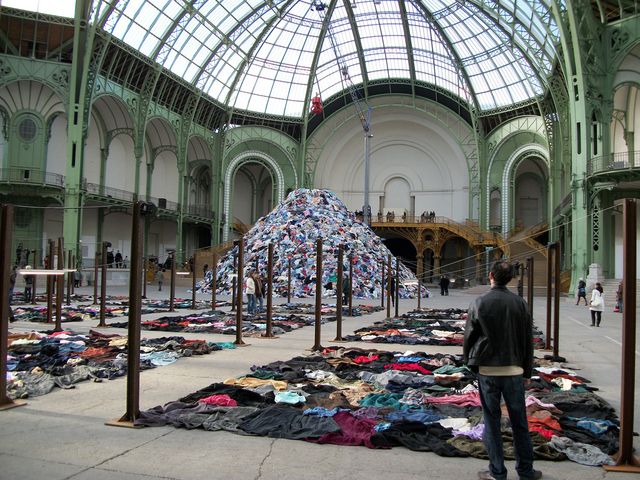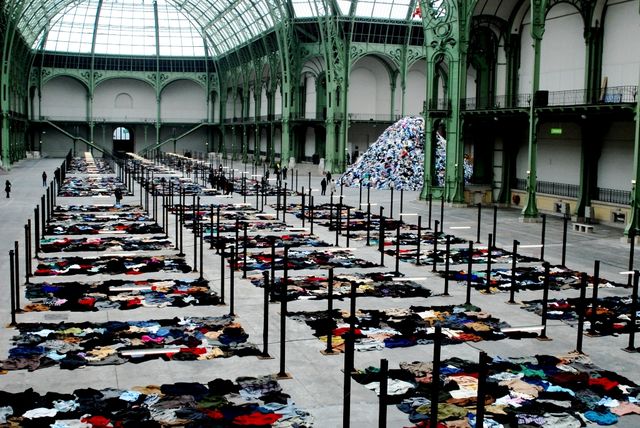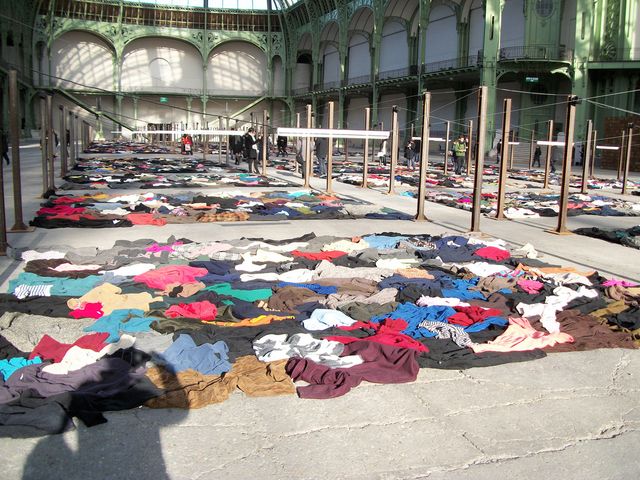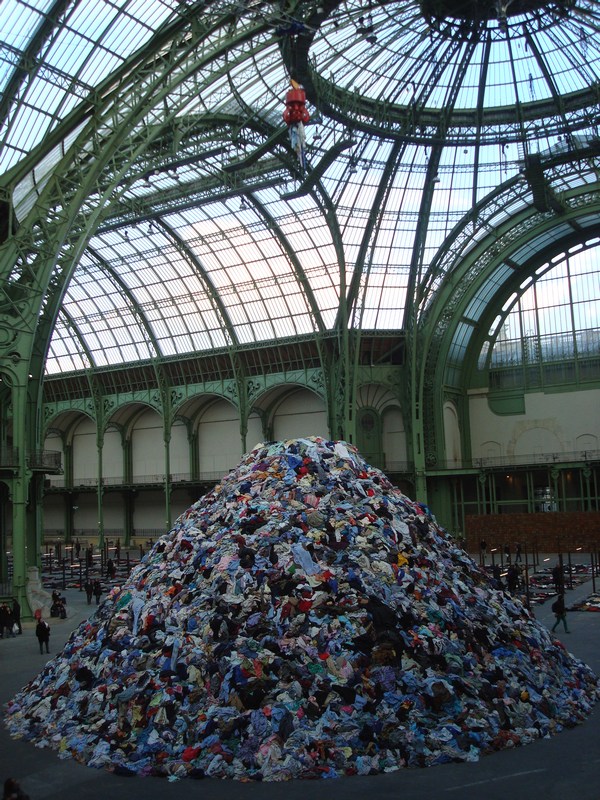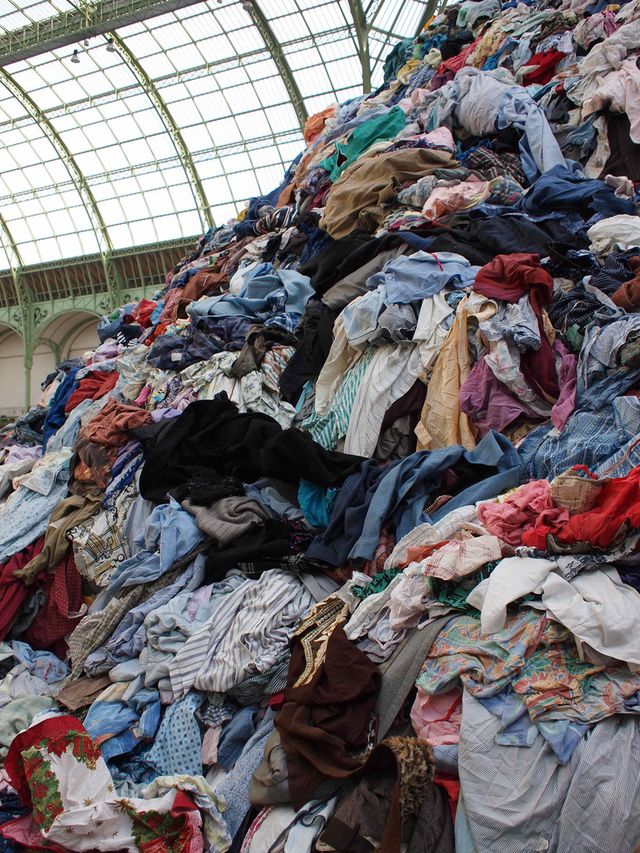“MADE-BY and Organic Exchange is delighted to invite you to a unique 2-day intensive seminar on sustainable fashion (clothing and textile) in Stockholm! This seminar is the perfect opportunity to assist textile and apparel professionals working in brands and retailers to come up to speed on changes and opportunities in the supply chain.
Speakers and several important topics covered include:
• Environmentally Friendly Fabrics – Understand the Definition, Sourcing and Production Issues,
• A Discussion on Recycled Materials – Polyester and Nylon,
• Responsible Processing – The Good The Bad & The Ugly of Dyeing and Finishing Industry,
• Product Integrity – Certification, Labeling, Transparency and Traceability,
• Social Compliance – Understand the Different Systems and Learn The Actual Work Done,
• Setting Sustainability Strategy – Learn from the Perspective of Leading Brands, Their Pitfalls, Triumphs and Lessons Learned,
• Communication Strategy – How Sustainability and Branding Strengthen Each Other?
• Fashion and Consumer Trends Towards Sustainability in Europe.
Participants will be encouraged to be critical, ask questions and share experiences during discussions. It would be an excellent place to actively share knowledge and information and to network at every possible level.” (MADE-BY)
Click here to download the latest version of the agenda.
Here are some testimonials from past events:
“Most valuable aspect was meeting with other people facing the same issues and discussing how we can work through to a solution together”
– Marks & Spencer, United Kingdom
“After the seminar, striking argument towards our top management on sustainable fashion production has been developed!”
– INTERSPORT International, Switzerland
“A real thorough approach to looking at all aspects of building and implementing a sustainable strategy, fantastically useful and incredibly interesting”
– Ted Baker, United Kingdom
“The most valuable aspect were the case studies of brands committed to sustainable fashion, good networking opportunities and the open atmosphere during interactive discussion”
– PUMA, Germany
Title: Organic Exchange/MADE-BY: ‘The Case for Sustainable Fasion’
Location: Stockholm, Sweden
Link out: Click here
Start Date: 2010-05-26
End Date: 2010-05-27
